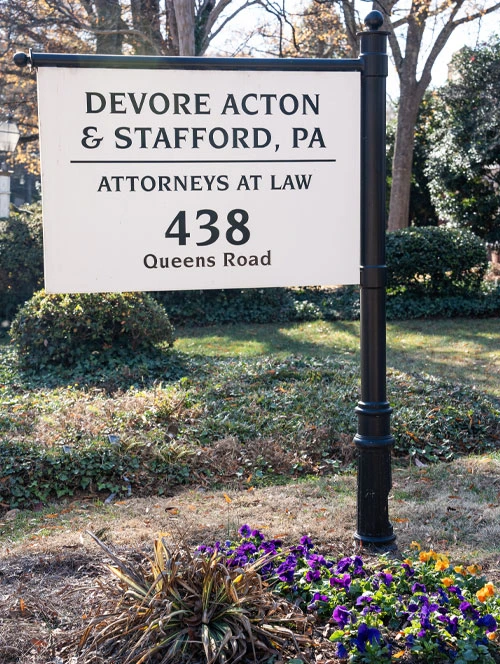What is a “Wrongful Death” Action?

When someone tragically dies in an automobile accident or as the result of the negligence of someone else, it may give rise to what is known as a “wrongful death action.” There is substantial confusion about what this means. We are often asked to explain the process.
What constitutes wrongful death?
The first step is to determine if there is liability. In some states, such as North Carolina, if the person who was injured or died contributed to the accident in some way, then there is no recovery. This is called the doctrine of contributory negligence and it is a harsh rule in North Carolina. Other states, such as South Carolina, have what is known as comparative negligence. In those states, the recovery is diminished by the percentage of fault of the injured party.
Here is an example:
Suppose a person is killed in a car crash. Assume that both drivers were at fault in some way. The primary person who caused the accident was 90% at fault and the person who died was 10% at fault. In North Carolina, the estate of the person who died may not recover anything. In a comparative negligence state, the estate can recover 90% of the claim (reducing the recovery by the amount of contributing fault).
Secondly, a claim for wrongful death may only be brought after an estate is opened. The estate is generally opened in the county where the person resided at the time of death. The administrator of the estate has the authority to investigate, settle or prosecute any claims. Ultimately, any settlement of the claim must be either approved by a court or the settlement must receive the consent of all of the heirs in the estate.
The third step is to determine who may recover in a wrongful death action. By statute in North Carolina, any recovery in a wrongful death claim does not become part of the person’s estate, but passes to his or her heirs at law. This means that any money would go to the heirs, regardless of whether the decedent has a will.
Who are heirs?
If a person is married, the recovery would go to the surviving spouse and any children based on a formula in the statute. If the deceased is not married, such as a child or minor, then the money would pass to the parents. All of this is pursuant to the Intestate Succession Act. Some debt for medical bills and funeral expenses may have to be paid from wrongful death proceeds, but otherwise the money may not be applied to the debts of the deceased.
The next step would be to determine what insurance, if any, is available to cover the loss. This can be very complicated and may involve the interplay of multiple insurance policies.
Lastly, and by far the most difficult, is to determine a value on a priceless life. While there is no formula to determine this, the statutes do provide certain factors that may be considered. Those factors include: age, education, occupation, life expectancy, dependents, marital status, co-morbidity factors and financial support of others. This is the hardest part for the families we represent and for us.
Hopefully, you are never faced with this situation, but if you are, you should consult a professional to determine what rights you may have.

request your consultation
"*" indicates required fields



